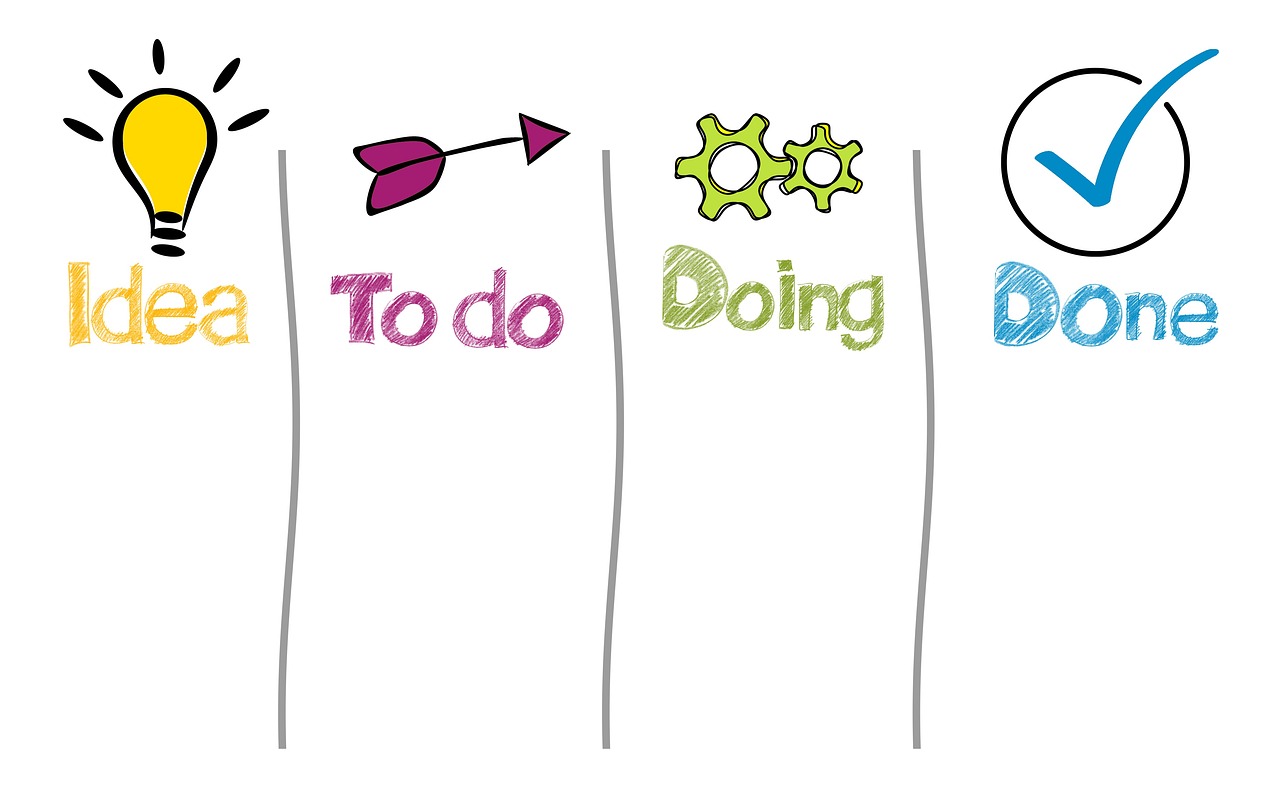Introduction
Tax season rarely inspires poetry. Most of us would rather alphabetize receipts in the dark than untangle the latest IRS adjustment. Still, tax is one of the few certainties that can be pushed from nuisance to opportunity with a deliberate plan. We have gathered five crisp essentials that move past folklore and focus on tactics that work. A touch of dry humor keeps the spreadsheets from winning entirely.
1. Recruit a Professional Early
The first essential is simple: acquire serious brainpower before the filing sprint begins. We lean on seasoned advisors who know the maze, and we even keep one on speed dial across the Pacific. Our go-to contact, a tax agent Melbourne, brings a global perspective and a taste for precision. The point is less about geography and more about expertise. A qualified tax pro spots deductions we miss, manages compliance headaches, and helps map long-term strategy while we still have time to act. Waiting until April means paying extra for someone to perform triage instead of prevention.
2. Build a Year-Round Paper Trail
Shoebox accounting is not a system. Scan receipts weekly, tag files with plain language, and store them in a cloud folder that auto-backs up. This reduces arguments with future-you when an audit letter arrives. We also record mileage, home-office utilities, and charitable donations in real time. The result resembles a boring diary, yet it translates into defensible deductions and faster filing. Software is cheaper than interest and penalties, so treat every coffee purchase for a client as data, not clutter.
3. Time Your Income and Expenses
Deferral is legal; evasion is not. By shifting revenue recognition or accelerating key expenses, small businesses and freelancers can fine-tune taxable income. For example, send December invoices on the 31st rather than the 15th to move cash into next year, or prepay January rent while the deduction still lands this year. Employees can control timing too: push a bonus into January or max out 401(k) contributions before December closes. The calendar becomes a savings tool when we pair it with a forecast instead of hope.
4. Maximize Tax-Advantaged Accounts
Retirement vehicles and Health Savings Accounts are more than polite suggestions. They shelter growth from tax, lower current taxable income, and create a forced savings habit. We treat contribution limits as goals, not ceilings. The 401(k) employer match equals instant return, while a backdoor Roth strategy can sidestep income caps for high earners. HSAs add triple tax benefits: deduction today, growth tomorrow, and tax-free withdrawals for qualified medical bills whenever those glasses finally break. Ignoring these accounts is similar to declining a pay raise so the payroll team can relax.
5. Audit-Proof with Documentation and Discipline
The IRS selects returns for examination when numbers look lonely or unusually generous. We reduce risk by attaching statements for large charitable gifts, keeping travel logs that match calendar invites, and documenting any business-purpose meal. That method bores friends at dinner, yet it delights auditors. Use consistent categories; inconsistent labeling is an open invitation for questions. When in doubt, note the who, what, when, where, and why. Five minutes today can prevent five weeks of hunting through old emails later.
Closing Thoughts
Taxes reward preparation more than luck. Recruit expertise before deadlines loom, track your financial life as though an audit is inevitable, manipulate timing within legal limits, funnel dollars into privileged accounts, and keep evidence tidy. Follow these five essentials and tax season shifts from annual drama to structured routine, freeing up bandwidth for something more thrilling, like reorganizing the closet by color.



